KUALA LUMPUR, July 13 – At the China-ASEAN Foreign Ministers’ Meeting, discussions on the South China Sea have become increasingly calm and confident.
Compared with other maritime regions worldwide, the South China Sea is stable, with no issues regarding the freedom of navigation and overflight, Chinese Foreign Minister Wang Yi said in a media interview after attending the meeting in Kuala Lumpur on Saturday.
Some countries outside the region continue to meddle in the South China Sea affairs; although their rhetoric has noticeably toned down this year, they have not ceased their interference, seemingly eager for chaos in the South China Sea. Regional countries are increasingly aware of these “old tricks,” said Wang.
During the meeting, Wang proposed establishing a new narrative for the South China Sea. This means that instead of immediately thinking of friction, conflict, or even confrontation, he said, the focus should be on peace, stability and cooperation. This, he added, should become the mainstream narrative for the South China Sea moving forward. Currently, China and ASEAN countries are working toward this goal, said Wang.
There is one country that seems somewhat out of step with the others, but Wang expressed confidence that it will eventually come to understand the situation. When acting as someone else’s pawn, it will ultimately become a victim, said Wang.
China and ASEAN countries have agreed to upgrade the “Code of Conduct in the South China Sea” into a more substantive version of the “Declaration on the Conduct of Parties in the South China Sea,” ensuring that the “Code” is effective, substantive, and consistent with international law, according to Wang.
All parties have also agreed to strive to finalize the “Code” as scheduled next year. Moving forward, the frequency of consultations will increase, and the process will accelerate. We are fully confident, capable, and wise enough to maintain stability in the South China Sea, eliminate external interference, and jointly build it into a sea of peace, friendship, and cooperation, Wang said.
On Friday, Wang reiterated China’s position on the South China Sea arbitration case while attending the ASEAN Plus foreign ministers’ meetings, Xinhua reported.
This “arbitration case” contains serious flaws in both factual determination and legal application. It is an act that, under the guise of the United Nations Convention on the Law of the Sea (UNCLOS), violates the UNCLOS itself. The damage it has caused to regional peace, stability, and maritime order is becoming increasingly evident, said Wang.
We must ask: If the abuse of compulsory arbitration is allowed, what significance does diplomatic efforts hold? Should we abandon bilateral consultations? Do the commitments made by all parties in the Declaration on the Conduct of Parties in the South China Sea still hold validity? The issue of territorial sovereignty and maritime delimitation is presented for arbitration in disguised forms. Should the declarations of exclusion made under UNCLOS by the various parities still be respected? Wang said.
Does the agreement reached between the Philippines and China to resolve issues through dialogue still stand? If all islands and reefs in the South China Sea are deemed to have no maritime entitlements, does that mean the world’s maritime map needs to be redrawn? The “arbitration case” has clearly been shown to be a political manipulation and should be consigned to the dustbin of history, Wang said.

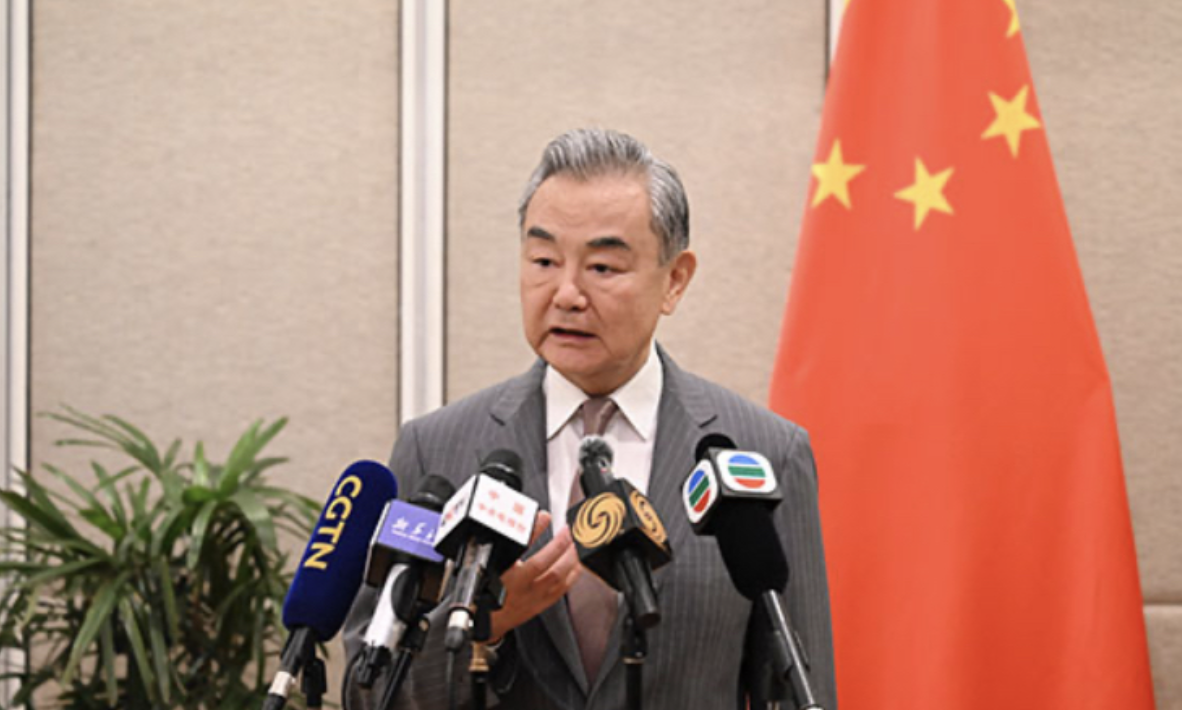









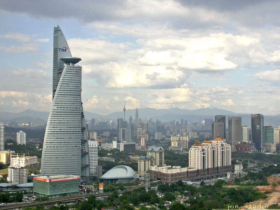




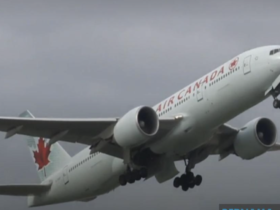
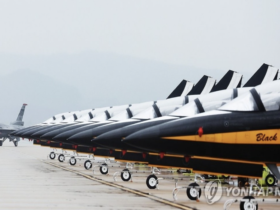
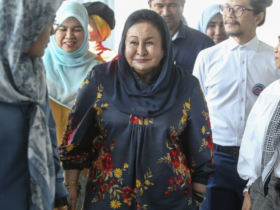
Leave a Reply